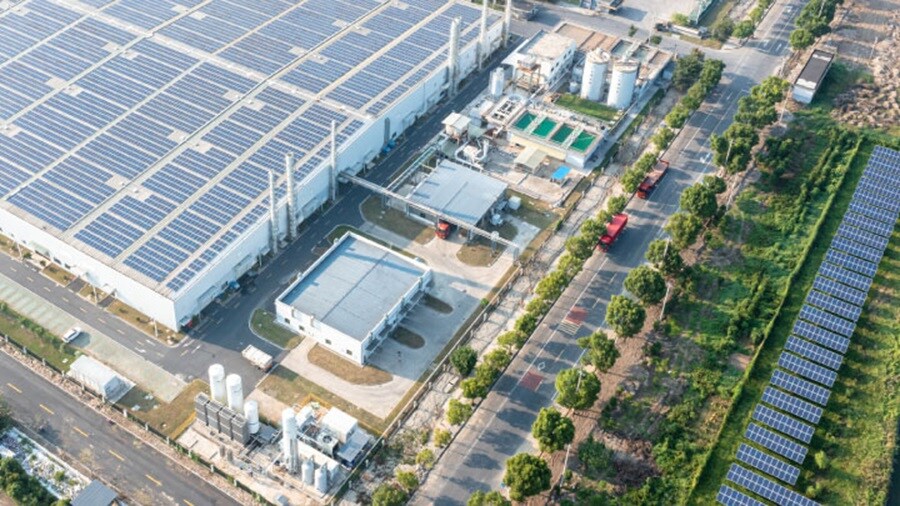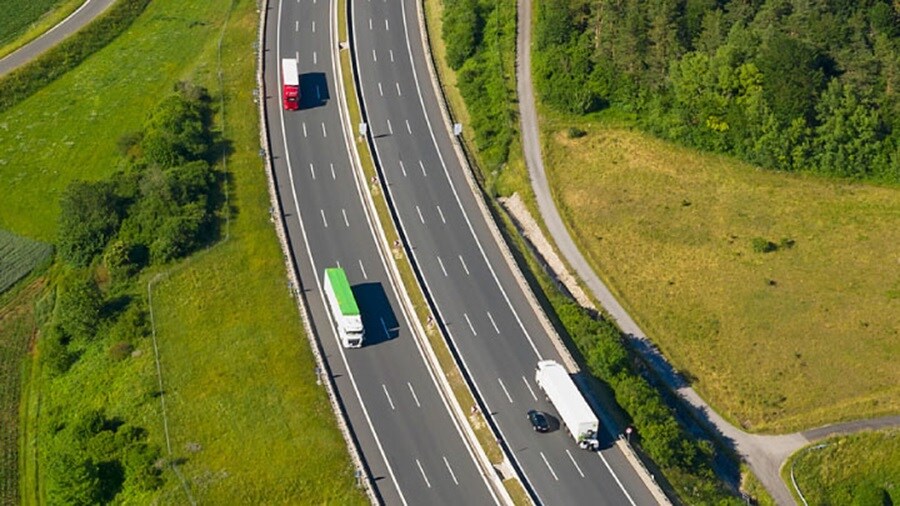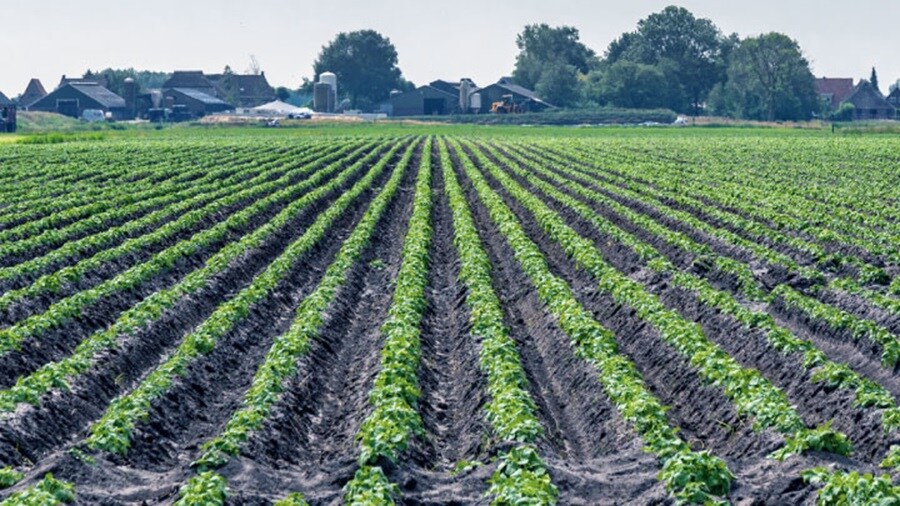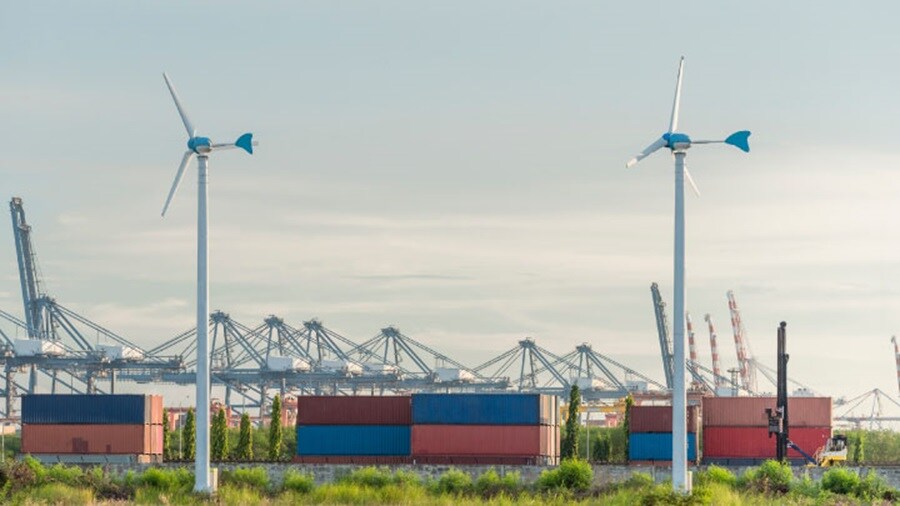The rising need to conserve resources and tackle climate change has driven nations and industries across the world to adopt sustainability initiaves. Governments are increasingly introducing frameworks and regulations on businesses, with a target to reduce their carbon emissions to net zero. Apart from this, with the increase in awareness around sustainability, more end consumers are shifting their purchase preference to brands that have taken initiatives towards adopting sustainability as a core aspect of their business.
It is no longer an option to merely debate the incorporation of sustainability into your business strategy, it is a must. And most companies have risen to this challenge and undertaken several initiatives to create a sustainable value chain that has a positive impact on the environment and society at large.

Three-layer sustainability integration
Sustainability in self-controlled manufacturing and production capabilities
Brands can establish sustainable practices throughout their owned and self-controlled manufacturing and production capabilities – right from finding alternatives for fossil fuels to cutting energy costs and optimising resources to reduce waste and pollution. Take fashion apparel products for example – a brand can aim to work towards climate neutrality by ensuring that the construction of their infrastructure, usage of equipment, and production of raw materials follow sustainable practices.

Sustainability in sourcing and procurement
Another aspect of integrating sustainability into your value chain is ensuring that it is implemented amongst your first tier of suppliers. This involves brands ensuring that their suppliers comply with social and environmental standards. Often, socio-political and environmental aspects are harder to control when their operations vary across different geographical locations. However, brands are increasingly paying attention to who they tie up with for their resources in order to maintain better control of sustainability in their overall value chain.

Sustainability in logistics
Besides embedding sustainability into their core business strategy, companies are also exploring ways in which their procurement and trading strategy can meet net-zero carbon targets. Logistics is an enabler of global trade and plays an integral role in the growth of businesses across industries. However, global logistics emits more than 3.5 gigatons of CO2 every year – an unsustainable footprint in an already alarming climate change reality.
Climate action is a strategic imperative for us at Maersk, and we are stepping up efforts to provide you with end-to-end supply chain solutions that can help you reach your sustainability targets.
Sustainability priorities for Maersk
Our priority is decarbonising logistics through sustainability in our end-to-end offerings and responsible business practices across ocean, land and air. We are committed to
- Taking leadership on decarbonising logistics as the single most important, strategic sustainability priority.
- Engaging with customers and industry partners to develop standards and solutions for sustainable inland transportation, including ensuring responsible trucking partnerships and improving monitoring of supplier compliance and contract labour.
- Ensuring responsible business practices across our operations with clear governance, accountability and transparency on policies, commitments and performance.
Furthermore, we have also charted out a roadmap detailing the initiatives on our path towards having net-zero emissions across our organisation and providing completely green solutions for our customers.
Roadmap to deliver net-zero by 2040
Industry-leading green customer offerings across the supply chain
Being cognizant that every contribution can make a difference, we launched our ECO Delivery ocean transport services in 2019 as the first step towards decarbonising ocean logistics.
What is Maersk ECO Delivery?
It is an innovative product that enables Maersk’s customers to opt for more responsible ocean transport by replacing fossil fuels with green fuels, thus neutralising their carbon emission footprint. With this alternative, we offer immediate CO2 savings that are verified by external parties and documented through certification and assurance reporting.
"This is not an offsetting sustainability initiative like planting trees, for example, where it will take time for the world to reap the benefits. Instead, Maersk ECO Delivery offers customers immediate CO2 savings verified by external parties and documented through certification and assurance reporting," says Vikash Agarwal, Managing Director, Maersk South Asia.
Customers can simply opt for the addition of the carbon-reduction ocean add-on to their usual ocean logistics bookings, and we will purchase and utilise the corresponding amount of green fuel for the shipment. There is no specified limit to volumes or containers for this add-on; ECO Delivery can be adopted for the transportation of all cargo or a small part of the containers that are used for shipping.
What value does ECO Delivery offer and how will this benefit you


Nurturing flexible and sustainable green trade channels
Coromandel International Limited is committed to making the food chain more sustainable, enabling farmers to improve productivity and reduce world hunger. They recently joined hands with Maersk for an agile and sustainable logistics solution for their trade channels to Far East Asia and the Middle East. As the largest manufacturer of neem-based biopesticides in the world, and the largest producers of organic fertiliser in India, they constantly engage with communities to build stronger linkages and carefully foster our environment.
Besides setting clear and achievable targets, Coromandel is also taking initiatives to monitor and measure their sustainability performance. A green logistics initiative that clearly defines and also certifies their reduction in emissions was the ideal solution for them.
For our company, logistics plays an important role in the transportation of our products from our plants and warehouse to our customers. And Maersk’s ECO Delivery services are exactly the right kind of solution that we were looking for. Besides its synergy with our sustainability goals, we can now also say that we are contributing to a reduction in carbon emissions for the overall global supply chain.

A balanced equation for sustainable logistics
Currently, UPL is the 5th largest company by revenue in the space of agri-chemicals and No1 in bio-solutions, which is an emerging and fast-growing segment within the industry. They are also the No1 agri-chemical company in ESG according to Sustainanalytics. As a responsible corporate entity, UPL strives to live their values and
augment our efforts to build a sustainable tomorrow, today. Leveraging their core capabilities and strengths to create sustainable solutions for farmers is a high priority for the company.
With an aspiration to become one of the top 3 agri-chemical companies in the world, UPL was looking at an even larger reach and expansion, leading to higher manufacturing and export capabilities. While they had already initiated the integration of sustainability in their manufacturing, what they were missing was a solution that could help reduce emissions in their logistical operations.
Maersk handles over 50% of our exports across the world at present. Hence, considering our growth vision and sustainable goals in mind, we were very excited to discover their Eco Delivery services. The best part was how easy it was to integrate this into our supply chain – with a simple request, we could add this on our existing freight contracts with Maersk, with full transparency of cost and return on investment. Not only are we assured of net-zero carbon shipping based on Maersk’s use of sustainable fuel, but more importantly, these carbon savings are globally certified and easy to add to our Sustainability Reporting as well,”
Forging the path to sustainability
Maersk has already invested in designing vessels that run solely on green methanol. This acts as a benchmark for the logistics industry to enable green logistics channels across the ocean. We are also investing in alternative fuels for our inland transportation mediums and continue to explore avenues to build more sustainable practices across all our solutions.
Early this year, we announced our revised sustainability goal of reaching net-zero greenhouse gas emissions by 2040, a full decade ahead of our initial target of 2050. The target aims to align us with the net-zero criteria of the Science Based Target initiative (SBTi) and cover all emission scopes by laying a pathway to limit global warming to 1.5℃C.
The pursuit of climate neutrality will require extensive data insights and close collaboration with both local and regional suppliers of products and services across our business footprint. We are dedicated to the goals that we have set for ourselves and the actions that we have to take. However, in order to really drive the change needed worldwide, we need our customers and industry peers to collaborate with us and commit to comparable targets. Together we can work towards making a real difference in the world.

